Oral cancer is a very serious health issue. If you are diagnosed with oral cancer, it is important to know what it means for you to get back fixed teeth. You may need to have multiple teeth removed during oral cancer surgery. Which calls for the need to undergo dental treatment after the surgery. Here are some things to know about fixed teeth after oral cancer surgery. These could help you prepare for the future:
The effects of oral cancer on your teeth will vary depending on the type and location of your tumour.
Some may have their wisdom teeth removed before cancer surgery and may not have any problems with them
The jawbone can shrink due to radiation therapy, which can make it difficult for dental implants to integrate.
Dental implants are less likely than dentures to slip out of place and cause pain.
Oral Cancer and Fixed Teeth
It is very common to consult or referred to a dental clinic after the diagnosis of oral cancer is made. It is advisable to reduce the infection load and remove or treat any damaged tooth. A direct link between dental implants and oral cancer was not found. It was observed that there were no significant differences in number of incidences of oral cancer between patients with history of malignancy and those without.
Dental Implants vs. Removable Dentures
One of the big questions for someone who’s had oral cancer surgery is whether or not to get dental implants. Implants are permanent fixtures that inserted into your jawbone and remove, while dentures sit in place on your gums and taken out.
Dentures are a good choice for people who have teeth that need replaced post-surgery. However they don’t have much bone mass left in their jaws. Dentures will likely slip or slide if you’re missing a lot of jawbone and tend to come out of place at night when they aren’t being worn. But they do offer more comfort than implant options. This is because they move with your mouth, which means you won’t need to worry about any sharp edges poking your cheek.
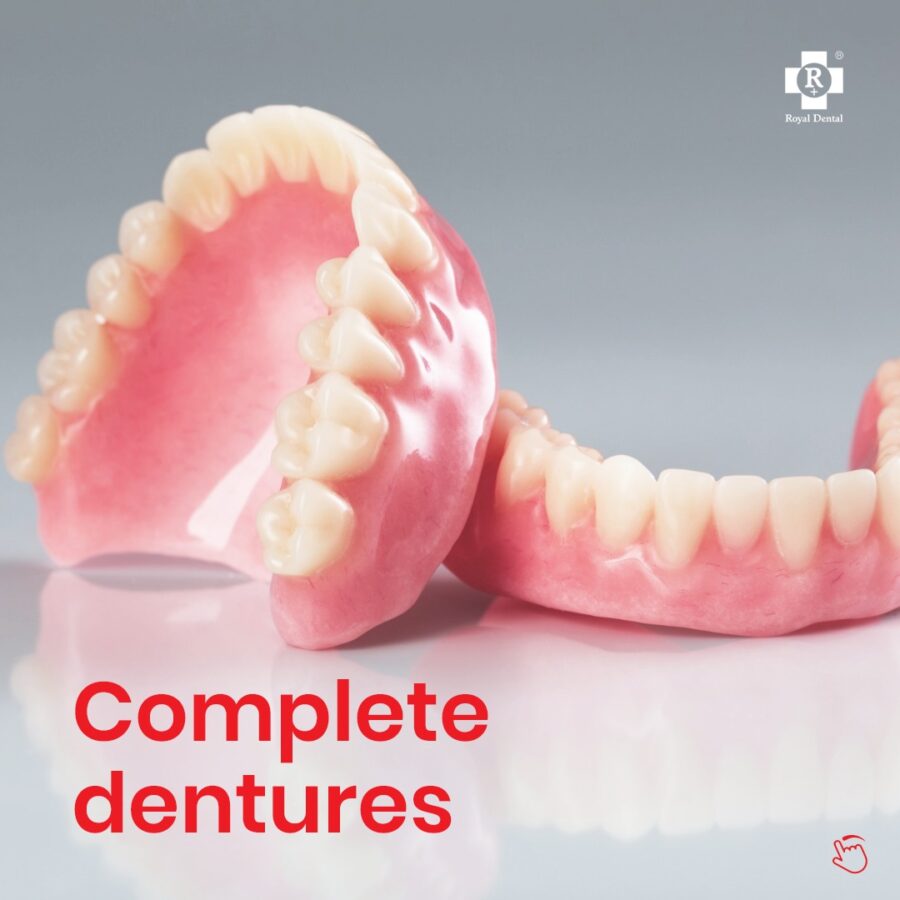
Dental Implants are a good option for people who want more stability and functionality after oral cancer surgery. The implant will fuse with the bone in three to six months. Also it will never loosen or slip out of place. Implants also require less maintenance than dentures because they don’t cleaned like dentures do.

Other things to know about Fixed Teeth after oral cancer:
Oral cancer can affect the roots of your teeth, which can make them more susceptible to gum disease
If you need dental implants after oral cancer surgery, it is important for you to take good care of your mouth. So that the implants integrate into your jawbone
Cancer treatment like radiation therapy can cause a shrinking of the jawbone. This makes it difficult for implants to integrate and stay in place.
Dental implants are less likely than dentures to slip out of place and cause pain. Dental implants also help with chewing, speaking, and swallowing.


Conclusion
If you or someone you know has been diagnosed with oral cancer, it’s important to know the potential effects this serious illness can have on your teeth. Fortunately, oral cancer surgery and post-surgery dental treatment can help restore your smile and your confidence. If you’re not sure what to expect. Here here are some of the key things to know about fixed teeth after oral cancer surgery.
Oral cancer is a disease that can affect many different areas of the mouth and throat. Dr. Chirag Chamria, practicing Oral and Maxillofacial surgeon at Royal Dental Clinics says that “It’s important to be aware of the risk factors and signs and symptoms so you can get help if needed. Whether it’s through regular visits to your dentist or doctor, brushing and flossing regularly, or avoiding the risk factors altogether, you should do what you can to keep your mouth healthy.”
Follow Us For More Updates
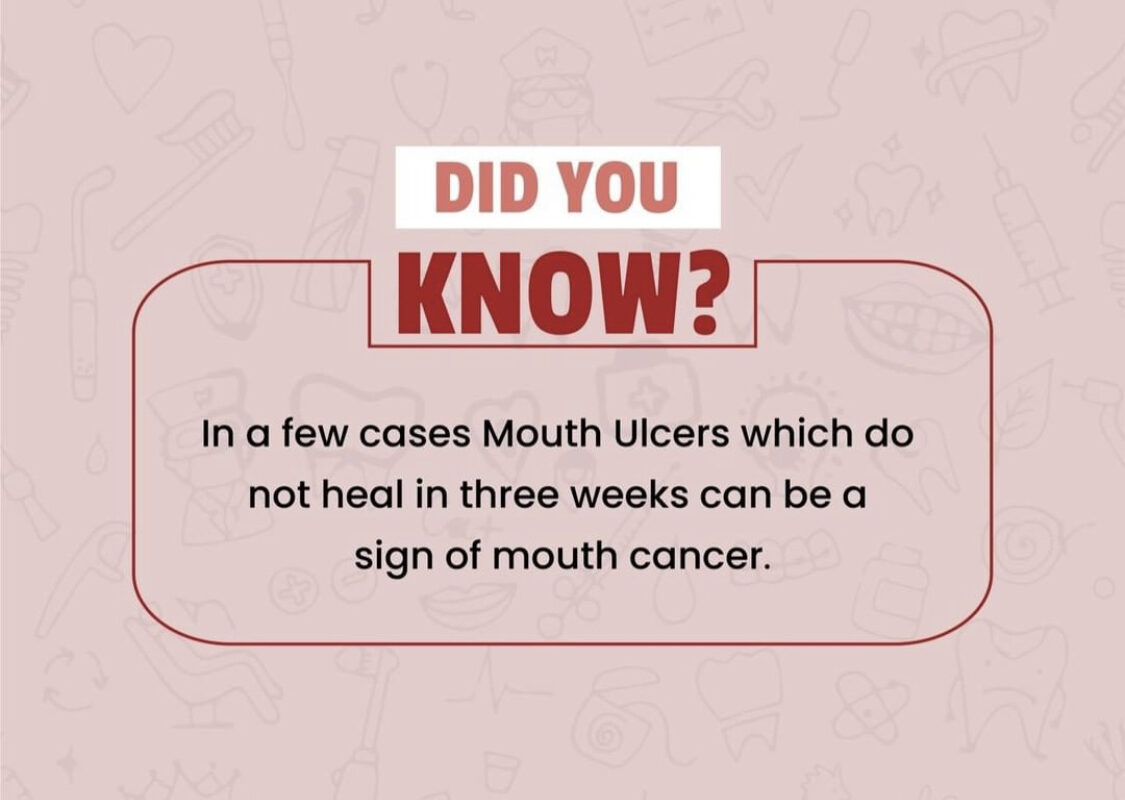
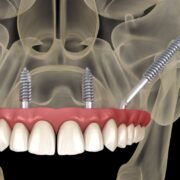
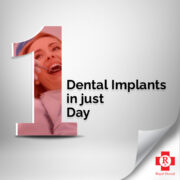


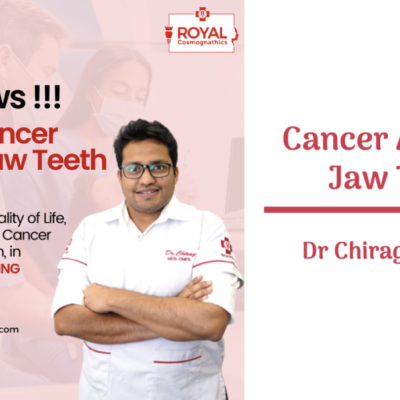
very nice royal dantel clinic